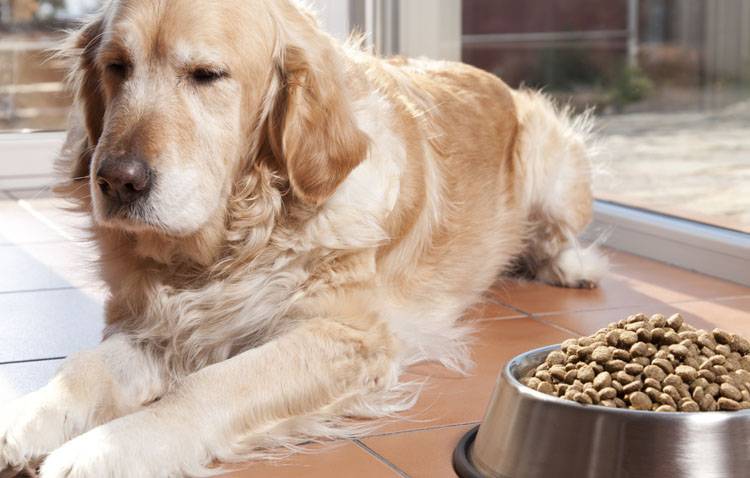Canine Parvovirus Overview
Parvo or Parvovirus is a serious viral disease that affects puppies and young dogs. It’s been shown that certain breeds of dogs are more susceptible to the disease. Rottweilers, Doberman Pinschers, Pit Bulls, Labrador Retrievers and German Shepherds have an increased risk to the disease.
Carriers of the infection can shed the virus without showing any clinical signs. It can last up to nine months or longer in the environment, which means excessive heat or cold weather won’t kill it.
Parvovirus Symptoms
Parvo causes an inflammation of the small intestine (known as enteritis), which results in vomiting, listlessness, loss of appetite, fever, distinct foul and bloody diarrhea. Clinical signs of parvo usually appear suddenly within 12 hours or less, but the incubation from the actual exposure could be from three to 10 days.
Although enteritis is the most common sign of Parvo, severe inflammation of the muscles in the heart and the death of cells (called necrosis) can also cause difficulty of breathing and death in puppies less than eight weeks old. If the dog is older, the chance of survival is better, but it will cause scarring in the heart.
Treatment for Parvovirus in Dogs
Treatment for Parvo is mainly supportive care, which includes fluids given either intravenously or subcutaneously (under the skin) to replace the loss of fluids from vomiting and diarrhea, an anti-emetic to stop the vomiting, antibiotics to help fight infection, and a blood or plasma transfusion to help with protein loss and anemia.
To protect your puppy, vaccinations should start at six weeks of age and be repeated at nine, 12 and 16 weeks with a booster every three years. It’s best to check with the veterinary assistant at your dog’s veterinary clinic, regarding the Parvovirus risk in your area and vaccinate accordingly.
Although highly contagious, Parvo isn’t transferable to cats or humans. It’s important to remember that any dog breed can become infected with Parvo, so make sure vaccines are up-to-date.
Source: about.com/vetmedicine





